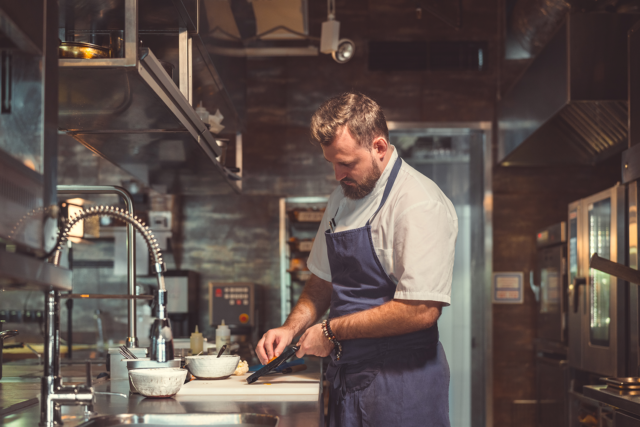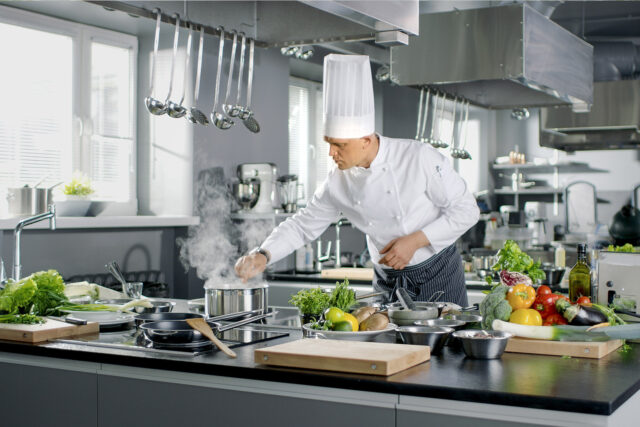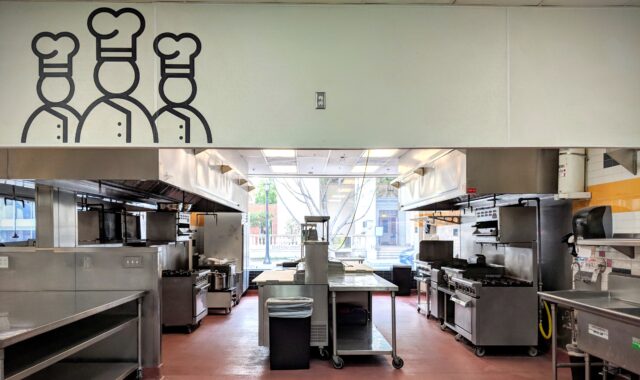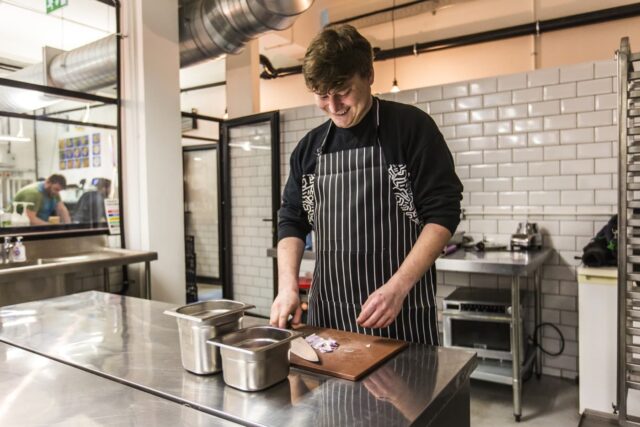
From share rides to co-working spaces, now the limelight is shining bright on the new unicorn ‘ghost kitchens’. These digital restaurants are set to disrupt the food industry. No longer will operators need to purchase traditional cooking and dining areas. Instead, they can set up on the cheap and work from a shared space, alongside other restaurateurs, plugging directly into already established delivery services such as UberEats and Deliveroo. According to CNBC “consumers spent $10.2 billion on delivery services in 2018, up 42% from the previous year”, indicating that food delivery services are on the rise, opening up greater opportunity for food vendors. In this article, we will explore three top operating ghost-kitchens and the impact they’re making in the global food space.
3Cloudkitchens

“Leverage our software and logistics support to turn on a smart kitchen in days not months. We’ll provide all the technology and support to help you reach more customers seamlessly” states CloudKitchens. This new and revolutionary model gives operators the opportunity to leverage off delivery technology, logistics, and services that already have a solid track record and customers to boot. Cloudkitchens set up their operators fast and cost-effectively, ensuring that they have an onslaught of customers browsing their menus, ordering items at the click of a button. Operator Eric Greenspan states, “I launched Chino at CloudKitchens for about 75% less than I would have paid with a traditional brick and mortar.”
2Kitchen United

Kitchen United is a US-based franchise, with multiple operations across the country, stating “We have installed 5,000 set-ups across the nation, giving restaurants a better and more cost-efficient way to gain quick access to off-premise diners.” These types of operations not only reduce set-up costs but also significantly reduce labor costs, as wait-staff are no longer a necessity. With less for vendors to worry about, the quality of food can be the focus. “Kitchen United is introducing a new and unique commercial kitchen for rent opportunity for food service providers to realize their fullest business potential.”
1Karma Kitchen

“We transform industrial space into beautiful, functional kitchens and co-working for the food and drink industry” states UK based Karma Kitchen. This tech-savvy startup is making a splash in the UK food scene looking after operators and their every need from pest control, waste management to WIFI and key utilities. In July this year, Uber released a statement about Karma, stating, “Uber is planning the accelerator in partnership with Karma…” With tech giants on board with Karma’s operations, the sky’s the limit for this food tech startup.
Bloomberg states, “there’s no reason why you can’t virtualize what a restaurant is.” These virtual restaurants are popping up around the globe, handling delivery orders with ease, and putting both new and experienced restaurant operators on the map. Ghost restaurants cleverly integrate the latest tech from platforms like Uber through to logistics software systems like CartonCloud. These new food set-ups are reducing costs left, right and center for operators and giving undiscovered talent a chance to shine in a competitive market. With third-party delivery services on board for the ride, the above-mentioned companies have a shot at making some serious coin, all the while giving operators more freedom and consumers better food options.







